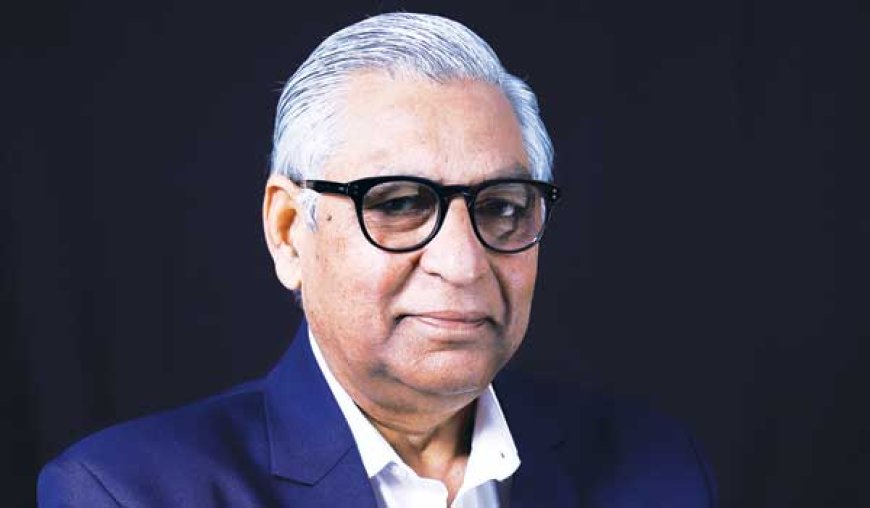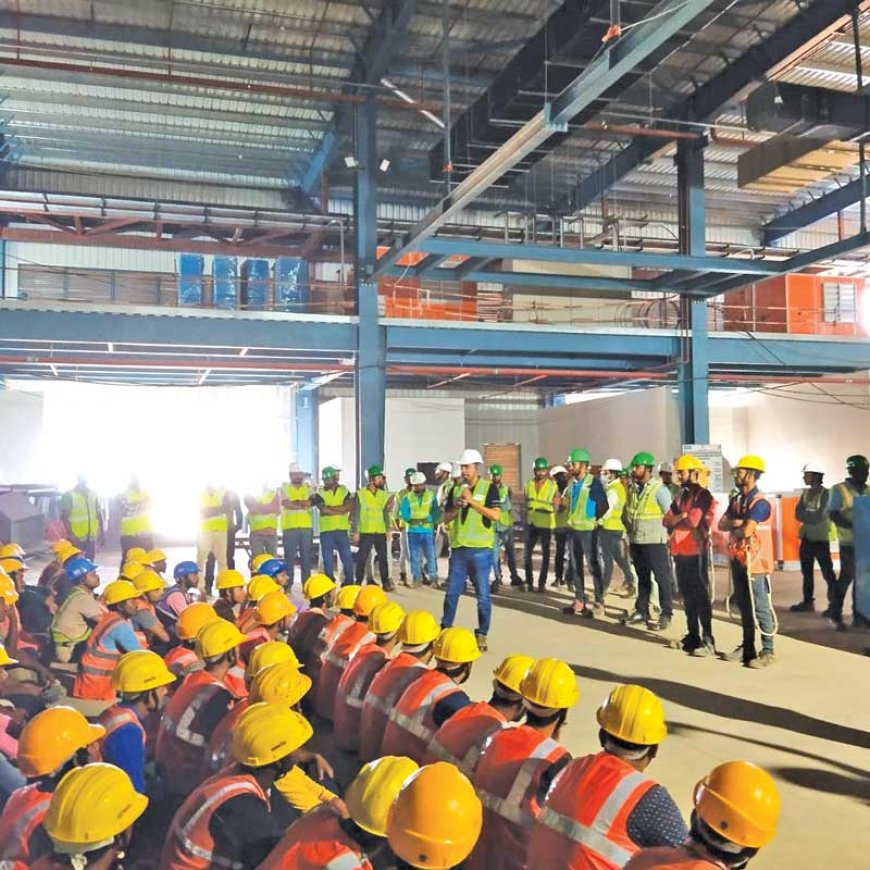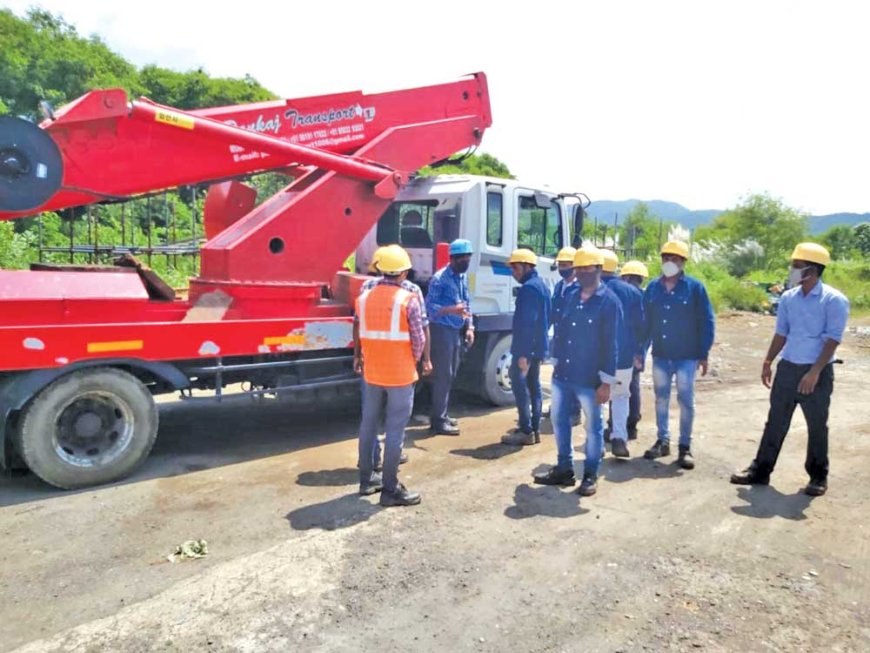Our training programs are structured to include both theoretical and practical components.

How do you look at the 10-year journey of Infrastructure Equipment Skill Council (IESC) as an apex skilling body for construction equipment?
The 10-year journey of the Infrastructure Equipment Skill Council (IESC) has been remarkable and transformative. As an apex body, IESC has played a pivotal role in standardizing and elevating the skill levels of construction equipment operators across the country. Their efforts have not only enhanced the quality and safety of operations but have also contributed significantly to the overall growth and modernization of the construction industry. We commend their dedication to fostering a skilled workforce, which is crucial for the sustainable development of our infrastructure sector.

How do you assess the current skill level of construction equipment operators in the industry?
The current skill level of construction equipment operators varies widely across the industry. While there has been considerable progress due to initiatives by organizations like IESC, there remains a noticeable gap between the highest standards and the average skill level. Many operators still require comprehensive training to reach optimal efficiency and safety standards. Continuous professional development and regular upskilling are essential to bridge this gap and meet the evolving demands of the industry.
What inspired your company to develop training and skilling initiatives for construction equipment operators?
Our commitment to excellence and safety in the construction industry inspired us to develop training and skilling initiatives for equipment operators. Recognizing the critical role that skilled operators play in the success of projects, we sought to address the gap in formal training through CESL Training and ensure that the workforce is equipped with the latest knowledge and techniques. This initiative aligns with our broader mission to provide best customer experience, top-tier solutions and services, ensuring that our equipment is operated safely and efficiently, thereby enhancing productivity and reducing risks.
Briefly outline the objectives and goals of your training programs for operators. Could you describe the structure and format of your training programs?
The primary objectives of our training programs are to enhance the technical proficiency, safety awareness, and operational efficiency of construction equipment operators. Our goals include reducing operational risks, improving project timelines, and fostering a culture of continuous learning and improvement.
Our training programs are structured to include both theoretical and practical components. The theoretical sessions cover the fundamentals of equipment operation, safety protocols, and maintenance procedures. Practical training involves hands-on experience with various types of equipment, under the supervision of experienced trainers. This blended learning approach ensures that operators not only understand the concepts but can also apply them effectively in real-world scenarios.

What challenges or gaps have you identified in their skill sets?
We have identified several challenges and gaps in the skill sets of construction equipment operators. These include insufficient knowledge of advanced equipment technologies, a lack of formal training in safety protocols, and limited practical experience. Additionally, there is often a gap in soft skills such as communication and problem-solving, which are crucial for efficient teamwork and project management. Addressing these gaps is essential for improving overall productivity and safety in the industry.
What specific skills and competencies do these programs aim to develop in operators?
Our training programs aim to develop a wide range of skills and competencies in operators, including:
• Technical proficiency in operating various types of construction equipment.
• In-depth understanding of safety protocols and emergency procedures.
• Preventive maintenance techniques to ensure equipment longevity and reliability.
• Familiarity with emerging technologies and their applications in equipment operation.
• Soft skills such as effective communication, teamwork, and problem-solving.
• Environmental awareness and sustainable practices in equipment use.
How do you incorporate emerging technologies into your training initiatives?
We incorporate emerging technologies into our training initiatives by integrating the latest advancements in equipment simulation, telematics, and augmented reality (AR). These technologies provide operators with a realistic and immersive learning experience, allowing them to practice complex operations and scenarios in a controlled environment. Additionally, we continuously update our curriculum to include the latest industry trends and technological innovations, ensuring that our trainees are well-versed in the most current practices and tools.
How important do you think certification is for construction equipment operators in today’s industry? How do you evaluate the effectiveness of your training programs?
Certification is extremely important for construction equipment operators in today’s industry. It serves as a benchmark of competence and professionalism, providing assurance to employers and clients about the operator’s capabilities. Certification also enhances the operator’s career prospects and contributes to the overall standardization of skills in the industry.
We evaluate the effectiveness of our training programs through various means, including post-training assessments, feedback from participants and employers, and tracking the performance and safety records of our trained operators. Continuous improvement based on this feedback ensures that our programs remain relevant and effective.








